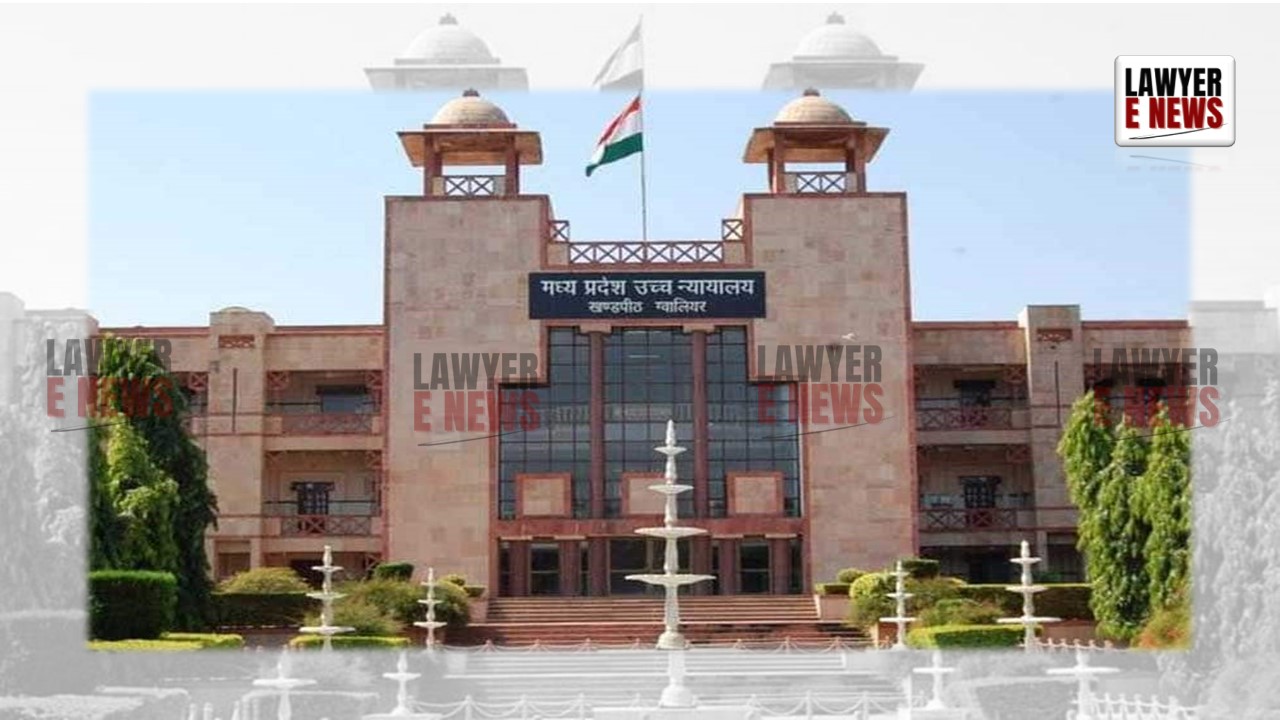-
by Admin
15 February 2026 5:35 AM



The High Court has upheld the termination of a milk transportation contract, emphasizing the limited scope of judicial review in contractual matters involving state entities. The judgment reiterates that courts should not interfere in contractual disputes unless there is a clear case of arbitrariness, irrationality, mala fides, or bias. The decision reinforces the principle that state authorities are the best judges of their contractual needs and terms.
The case involved a petitioner challenging the termination of a contract for the transportation of milk. The contract, which was set to expire on September 30, 2020, was terminated on September 11, 2020, following the registration of a criminal case against the petitioner. The petitioner sought the quashing of the termination order and claimed monetary compensation and damages. The core issue was whether the non-supply of certain communications violated the principles of natural justice and whether the termination was justified under the contract terms.
The High Court highlighted the principles governing judicial review in contractual matters. It stressed that the court's interference should be minimal, particularly when the contract involves technical evaluations or requires expert judgment. The court noted that the contracting authority is the best judge of its requirements and that its interpretation of the contract terms should generally be accepted unless there is clear evidence of arbitrariness or irrationality.
Addressing the petitioner's claim of a breach of natural justice, the court referred to the doctrine of "useless formality." The court observed that not every procedural lapse necessitates the quashing of the administrative action. It emphasized that the petitioner must demonstrate actual prejudice resulting from the alleged procedural deficiency. In this case, the court found no such prejudice, noting that the petitioner was aware of the charges and had opportunities to contest them.
The judgment reiterated the established legal position that courts should exercise restraint in interfering with contractual matters, especially those involving state entities. The court underscored that contracts entered into by the state should be subject to minimal judicial scrutiny to ensure that administrative discretion is not unduly hampered.
The court meticulously analyzed whether the non-supply of certain documents had prejudiced the petitioner. It concluded that the petitioner failed to demonstrate any substantial prejudice that would justify judicial intervention. The court maintained that procedural requirements should not be applied mechanically but must be assessed in the context of their actual impact on the fairness of the process.
"The court's interference in contractual matters should be minimal and confined to instances of arbitrariness, irrationality, mala fides, or bias. The authority that floated the tender is the best judge of its requirements and interpretations".
"Procedural lapses, unless shown to cause substantial prejudice, do not warrant the quashing of administrative actions. The principles of natural justice are flexible and must be applied contextually".
The High Court's dismissal of the writ petition reaffirms the judiciary's limited role in reviewing contractual disputes involving state entities. The judgment emphasizes the need for judicial restraint and the importance of respecting administrative discretion in contractual matters. This decision serves as a reminder that courts should not act as appellate bodies over administrative decisions and should interfere only in cases of clear arbitrariness or procedural unfairness. The ruling is expected to strengthen the legal framework governing state contracts, ensuring that administrative efficiency is not compromised by undue judicial intervention.
Date of Decision: May 28, 2024
